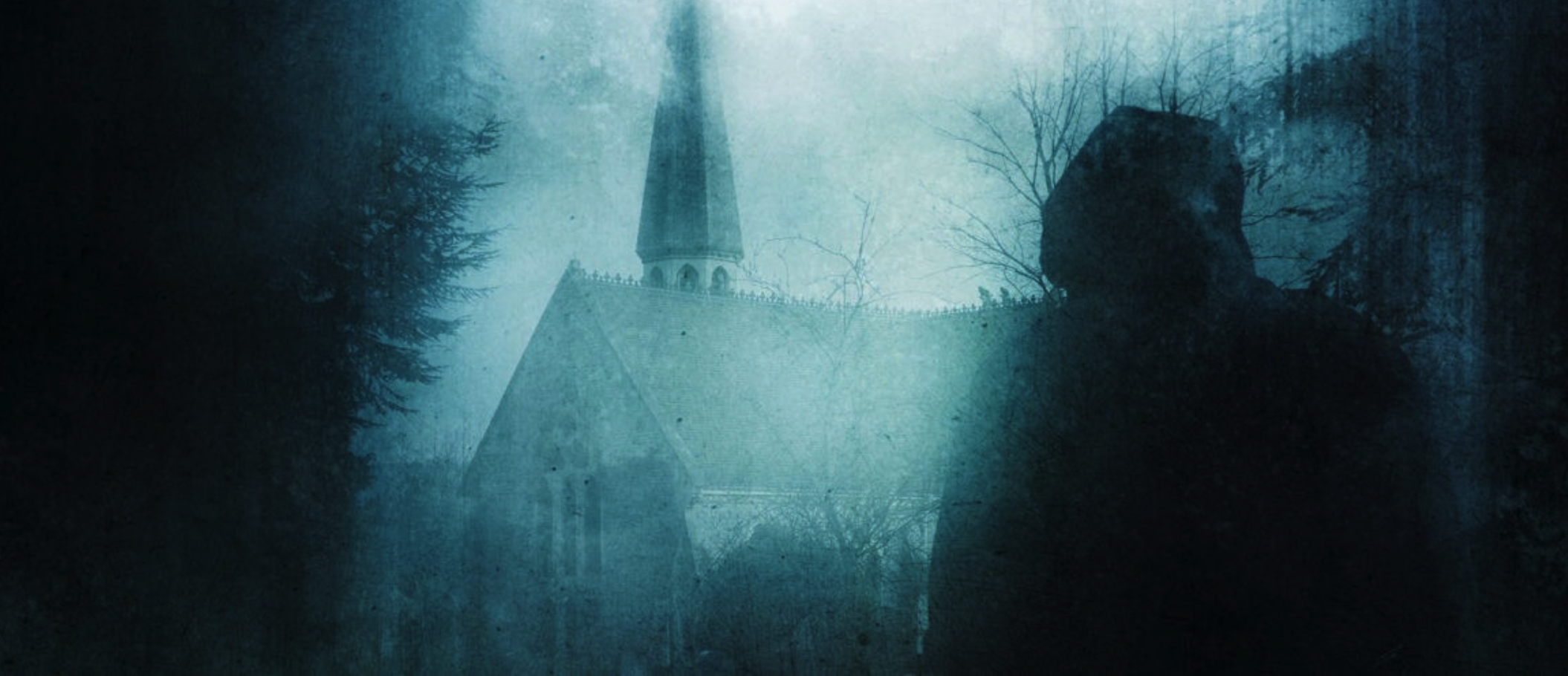After spiritual trauma, finding welcome in church once more

Growing up, the church always was a safe place for me. I grew up in the same small-town church my entire life, and a lot of our life revolved around the church.
Sundays were filled with Sunday school and the beloved evening prayer meeting, while Wednesdays were for mission group and choir. Our church felt like a village, a family that was raising me alongside my family of origin.
As a teenager, this could feel smothering at times. The beloved elderly church ladies had a running commentary on my life; out of a place of love, they would frequently express their opinions on my life choices — both positive and negative. Overall, my church was a safe, loving, nurturing place to be.
Fast forward to adulthood. My husband and I experienced significant pain and hardship within the church where we served. I’ve now come to realize that we experienced spiritual trauma; a realization that was difficult for me to accept.
Everything about what church meant for me suddenly changed. Church no longer was a safe place. I no longer was sure I was called to the church or that I even wanted to be called to it.
Because so much of my life centered around church, I felt like some of my identity was lost during that experience, for better or for worse. It was a deeply painful experience filled with a lot of grief, anger and confusion. Ultimately, we left our church. We were forced to sacrifice our positions, both formal and informal, within the community in order to keep peace within the congregation.
We moved back to Waco and, after several months, we began occasionally visiting churches. It was an interesting experience to sit on the back row, simultaneously afraid that people would come up to talk to us while also deeply longing for people to welcome us. It was strange to be in church buildings that were so familiar and filled with safe and warm memories; yet, due to spiritual trauma experienced by one church, all familiar worship spaces felt foreign, cold and scary.
It felt like we had a scarlet letter of shame on us because of our experience with the church that we deeply loved but also caused us deep pain. The idea of “belonging” to a church felt so far away because of the trauma we had experienced.
Over the next few long and hard years, my head continually told my heart, “You belong here.” When we prepared to give birth to our first child, we were lonely and not in a deep relationship with anyone. However, a church we were visiting showed up for us.
“We were lonely and not in a deep relationship with anyone. However, a church we were visiting showed up for us.”
When we were in transition and unemployed unexpectedly, again, this church showed up. As we also went through the motions of showing up, sitting in the back pew, and slowly lingering long enough to let people welcome us, the walls of shame that surrounded both me and my husband began to come down. That scarlet letter I felt had been burned onto my chest finally started to heal.
Eventually, because this church loved us well in tangible ways that were not deserved, we began to desire to provide that same kind of love and service for others again. The congregation poured into us, and because of that, we eventually would be able to pour into other people.
This experience has made me more empathetic and more in-tune with everyone entering the worship space on Sundays — virtually and/or in-person. We are all human; therefore, we are all bringing something with us into the worship hour.
Everyone experiences insecurities and worries. Everyone experiences deep, dark secrets of shame that can cloud our ability to freely be present and live into who we were created to be. Everyone experiences stress and strain.
Duke professor and author Kate Bowler ends her daily Lenten devotionals on Instagram with, “I hope you have a beautiful and terrible day.” I absolutely love this prayer, and it always reminds me that our sacred, ordinary days are full of both beautiful and terrible experiences. We are both beautiful and terrible each hour of each day because we are human.
“We are both beautiful and terrible each hour of each day because we are human.”
What if the Call to Worship at each of our churches said, “We are glad you brought your beautiful, terrible self to worship today”? Would that then provide us space to be more authentically human in worship?
Could a change in wording slowly permeate the culture of a church? Could it encourage walls of shame, self-righteousness, insecurity and fear to come down, making room for the pain in me to see the pain in you?
Even more, maybe we do see the pain in one another, but our beautiful walls keep us from taking the next step to do the hard work of building bridges from wall to wall, allowing us to enter into one another’s beautiful and terrible lives.
I fear the church will lose its witness and relevance if we continue the church “show” of having it all together while ignoring the pain and trauma that each of us — church members, pastors and neighbors — bring into the worship space.
This article first appeared in Baptist News Global.